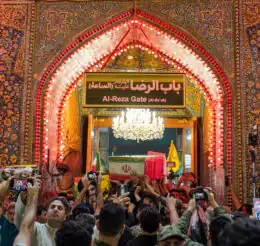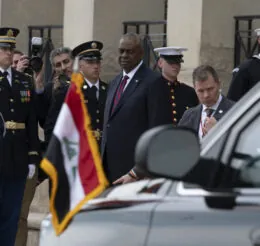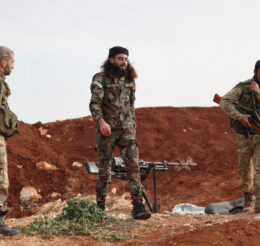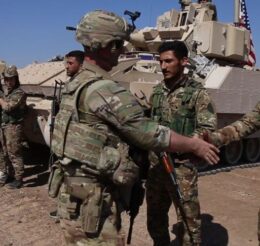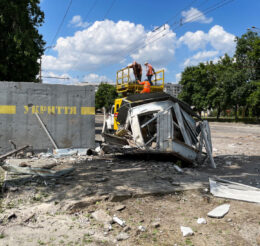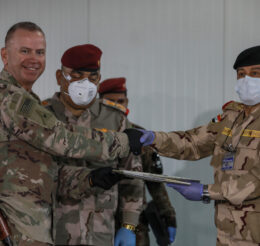This website uses cookies so that we can provide you with the best user experience possible. Cookie information is stored in your browser and performs functions such as recognising you when you return to our website and helping our team to understand which sections of the website you find most interesting and useful.
Project on Post-Withdrawal Security Landscapes
As the U.S. and its partners reevaluate their defensive footprint in active and latent conflict zones and pivot efforts toward great-power competition, policymakers are bracing for a series of partial and total military drawdowns across the Mediterranean-Gulf zone. In the wake of a disorderly and sudden withdrawal process from Afghanistan, this project will confront the important question of what a “responsible” withdrawal looks like; how can the U.S. and its partners mitigate risks for local security partners and communities while achieving their aims?
This project will explore the strategic, operational, and tactical elements of military withdrawal, assessing conflict zones’ security landscapes and identifying the “blind spots” that could jeopardize responsible withdrawal processes and create future power vacuums that challenge U.S. interests.
This project will additionally assess how competing actors conduct partial and full military withdrawals in conflict zones and areas of competition, delivering in-depth assessments of the post-withdrawal security landscape and risks to U.S. interests and local human security.

